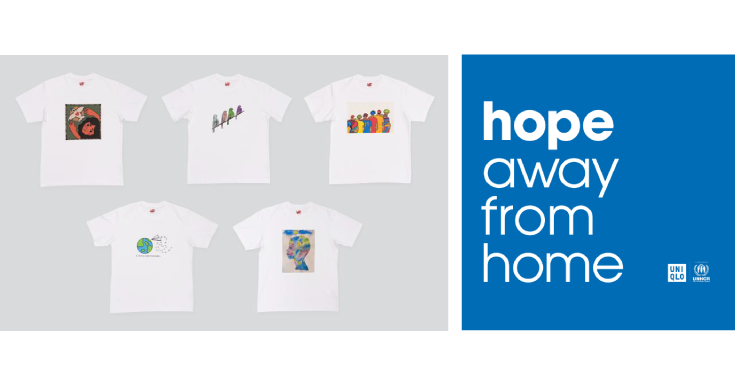Toys: Why Less May Be More
If your family consists of a little one, chances are that your house is home to dozens of toys of every shape, size and color. While the instinct will always be great to keep purchasing the latest, most talked about new toys that hit the market, more and more parents are realising the need to cut down on the number of toys they offer to their kids and swapping quantity for quality and substance.
Table of Contents
What do toys mean to your child and you?
Toys may seem to serve only as children’s playthings, but they’re not only so. Think back to the time when you were a kid yourself and chances are high that you may be able to recall a favourite toy or two. It’s also likely that certain toys bring back some cherished memories of the times when you were a happy, carefree kid.
We’ve all played and learned with our simple, uncomplicated toys back then and so did our doctor, engineer and lawyer friends. Blocks, dolls, puzzles and figurines were our tools of play and we turned out just fine.
Back then, choices in toys were limited, but the toys that existed meant something to us. We toyed and played and experimented with them. We used the simplest of toys in creative ways to get the most of them. We did not need to press buttons and see what amazing things a toy can do. Back then, toys did very little and it was up to us to make the best of them and to amaze ourselves. For that, we had to be creative, patient, curious and imaginative.
Today, walk into any toy store and it becomes a challenge to pick out a toy among the dozens of rows and hundreds of shelves. The rapid and continuous growth in the toy industry has resulted in many popular toys becoming necessary as a status before a plaything.
Why less is more
Again, think back to when you were a little child. How many toys did you have. Chances are, not that many. Still, are not some of the happiest times you can remember tied to playing with those toys? The thing about toys is, they have to matter, just like good friends. Too much of anything, including toys, take away much of their value for it’s not possible to spend quality time with too many things at the same time.
As parents, well, you’ll probably identify with having to pick up toys from every corner of the house. It’s easy to get annoyed at the sight of toys all over the place, but deciding which will stay and which will have to go (or if they have to go at all) is a whole different story.
Cutting down on toys
There are several valid reasons why parents everywhere are consciously limiting the number of toys offered to their children. These are some of the reasons why.
The lesser the toys, the higher the value
When children own too many toys they tend to care less about them. Well, it’s not really their fault, especially when a replacement is always at hand when a toy is lost or misplaced. If you have a toddler who takes to destroying his or her toy very often, just remove the damaged toy and offer no substitutes. Chances are, the child will quickly learn to be more careful with toys in the future and value them too.
Longer attention span
When there are too many toys available, children’s attention span will begin to suffer. Children will not be able to fully appreciate a toy they’re playing with when they know that there are still many more to play with in the cupboard or shelf.
Creativity thrives with lesser toys
In an experiment conducted by two German public health workers (Strick and Schubert), a kindergarten classroom was coaxed to remove all of their toys for three months. As an initial result, boredom struck. However, the little students soon began to use their basic surroundings to invent games and use imagination in their playing! This experiment significantly proves that in the absence of toys, children are more likely to develop a healthy sense of imagination.
Less dependency on toys for happiness and contentment
Although most modern parents live to see their precious kids’ eyes light up at the sight of the many toys in a toy store, true joy and contentment should never be sought in that manner, for this is likened to teaching a child that all their desires can be bought with money. Instead, children need encouragement to live counter-cultural lives finding joy in things that truly last, such as in friendship, loving relationships with siblings and family activities.
Better social skills
Children with fewer toys learn how to develop interpersonal relationships with other kids and adults. They learn the importance of communication too. In this regard, studies have attributed healthy and memorable childhood friendships to a greater chance of success academically and in social situations during adulthood.
Beneficial lessons in perseverance
Children who have too many toys give up too quickly. If they have a toy that they can’t figure out, it will quickly be discarded for the sake of a different, easier one. Kids with fewer toys learn perseverance, patience, and determination. They will also learn to find more ways to play with a toy and how to make it go further.
A tendency to be less selfish
Kids who get everything they want believe they can have everything they want. This attitude is generally associated with purposeless abundance and will quickly lead to an unhealthy and unbecoming lifestyle all the way into their adulthood.
Less clutter!
Most parents would agree to the fact that toy clutter can quickly take over an entire home. Fewer toys result in a less-cluttered, cleaner and tidier home!





















Leave a comment